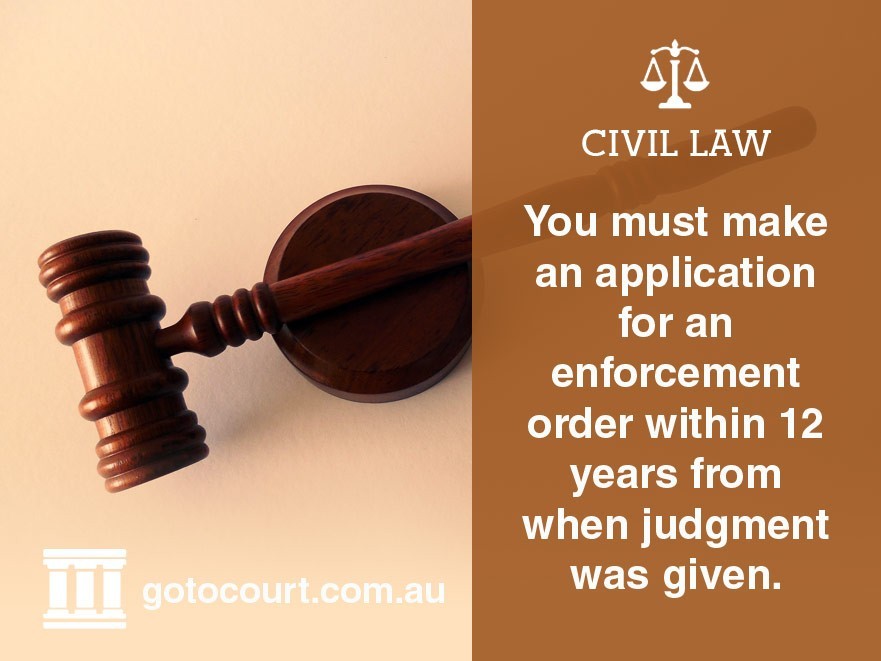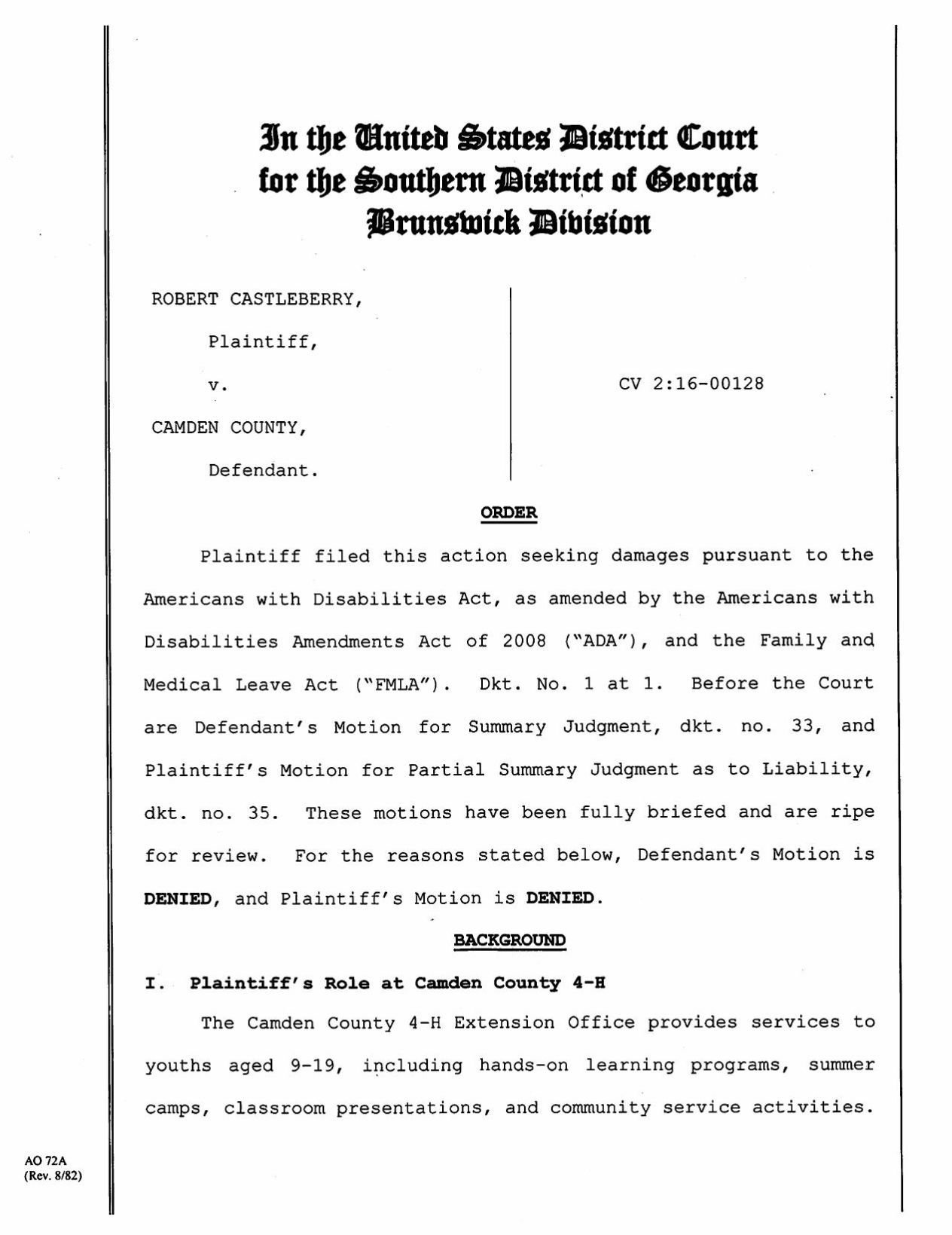

Viatory Right It is the right of a witness not to be compelled by a subpoena to attend a court hearing in a civil case if he resides more than 100 kms from his residence to the place where he is to testify by the ordinary course of travel.

The witness is a prisoner sentenced to death, reclusion perpetua or life imprisonment and who is confined in any penal institution for appearance or attendance in any court unless authorized by the Supreme Court (Sec. The witness is a detention prisoner if no permission of the court in which his case is pending was obtained (Sec. from his residence to the place where he is to testify by the ordinary course of travel (Sec. Instances Where a Witness is Not Bound to Comply Subpoena under Sec. VI, 1987 Const.) ī) In CIVIL cases - subpoena is binding only when Congress is not in session. Person Who May be Subpoenaed General Rule: Any person qualified to testify.Įxception: In cases involving members of the Congress, subject, however, to the following rules:Ī) In CRIMINAL cases - subpoena is binding regardless whether or not the Congress is in session in cases punishable by more than 6 years of imprisonment (Sec. Characteristics of the Power of the Court to Issue 1. The witness fees and kilometrage allowed by the Rules were not tendered when the subpoena was served. The witness is not bound by the subpoena (witness resides more than 100kms from the court where he is called to testify) Ģ. 4) The court may quash a subpoena ad testificandum on the ground that:ġ. Grounds for Quashing a Subpoena Ad Testificandum (Sec. Note: P100.00 per day - as witness fee per A.M. The witness fees and kilometrage fee allowed by the rules were not tendered when the subpoena was served. The person in whose behalf the subpoena is issued fails to advance the reasonable cost of the production thereof orĤ. The relevancy of the books, documents or things does not appear ģ. 4) The court may quash the same upon motion promptly made and, in any event, at or before the time specified therein if:Ģ.

Grounds for Quashing a Subpoena Duces Tecum (Sec. Any officer or body authorized by law to do so in connection with investigations conducted by said officer or body ĥ Any Justice of the Supreme Court. Subpoena duces tecum - it requires a person to bring with him any books, docunents or other things under his control.

#Jmol vs summary judgment trial
Subpoena ad testificandum - it requires the person to attend and testify at the hearing or the trial of an action, or at any investigation conducted by competent authority, or for the taking of his deposition Ģ. 1) It is a process directed to a person requiring him to ATTEND and TESTIFY at the hearing or the trial of an action, or at any investigation conducted by a competent authority or for the taking of his deposition. Either the plaintiff or the defendant may make this motion.60(b) Relief from Judgment few circumstances will warrant a 60(b) order-courts are VERY hesitant to grant them This motion is made before a case is submitted to the jury, and argues that no reasonable jury could find for the opposing party. It is a party's request that the court enter judgment in its favor before submitting the case to the jury because there is no legally sufficient evidentiary foundation on which a reasonable jury could find for the other party.How do you do a directed verdict motion?A motion for directed verdict is a motion asking the court to issue a directed verdict. Also asked, what is the purpose of a motion for a directed verdict? Motion for Directed Verdict is a request to the court to issue a directed verdict. A court will order summary judgment in a civil case if there is no genuine issue of fact and, based on the undisputed facts, the moving party is entitled to summary judgment as a MATTER OF LAW. In literal terms, the judge enters a judgment notwithstanding the jury verdict.Additionally, is summary judgment a judgment on the merits? Summary judgment is a judgment on the merits of the case without a trial. federal civil court cases, the term has been replaced by the renewed judgment as a matter of law, which emphasizes its relationship to the judgment as a matter of law (formerly called a directed verdict). Herein, what is the difference between a directed verdict and a motion for judgment notwithstanding the verdict?In U.S.
#Jmol vs summary judgment full
Judgment on the pleadings is a motion made after pleading and before discovery summary judgment happens after discovery and before trial JMOL occurs during trial.Click to see full answer. JMOL is also known as a directed verdict, which it has replaced in American federal courts.


 0 kommentar(er)
0 kommentar(er)
